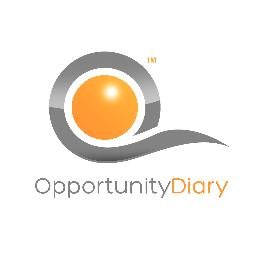Application Deadline: October 30, 2021
The theme for the 2022 FEDL program engages with how the digital divide interconnects with the rural-urban divide to produce different capabilities and differentiated solutions in addressing and mitigating climate change in Europe. The project is interested in fostering a dialogue between the Global South and Global North to learn from the Global South in the shaping of a future Europe that is more sustainable, equitable, and just. To this effect, comparative studies are encouraged.
Questions we would like to ask:
- What role does the digital divide between rural and urban areas play in the designing and outcomes of climate action planning?
- How do the answers to the first question vary when we compare the Global North with the experience of the Global South?
- What can the Global North learn from the Global South in this debate?
We seek to engage in an understanding of how climate mitigation efforts may or may not create opportunities to alleviate the digital divide at the same time, and vice versa, the ways in which fixing the digital divide may trigger enhanced politics of sustainability globally? In other words, is addressing the rural-urban digital divide a necessity or part of the solution for addressing climate change.
In some regions, urban dwellers and “eco-elites” are often considered more open and forward-thinking than their rural counterparts when it comes to sustainable living and adaptation. Rural communities, on the other hand, are often stereotyped as clinging to traditional ways and relying on extractive activities, such as wood/forestry and fishing and intensive agriculture for their livelihoods, all of which present challenges with regard to sustainability and resource use. It has become clear that rural areas are quite concerned with sustainability because their livelihoods precisely depend on it and are actively implicated in climate change mitigation, from replanting hedges to adapting industrial agriculture to new norms that take climate change into account. We expect that, with the expert cohort of our 2022 FEDL Fellows, we will question, and perhaps debunk, some of the established pre-conceived ideas about rural=backward and urban=forward thinking, to show a more nuanced picture through addressing the many layers in the discussion over climate change mitigation. We are also interested in highlighting how the rural and the urban conceive of their respective roles in the proposing of solutions based on their different “local,” as well as how the rural and the urban collaborate in designing climate plans.
Eligibility
- Applicants must be a two-people team (one person from the Global South and one person from the Global North). ONE application per team.
- The Global South scholar must be habitually based in the Global South (temporary visiting professors/post-docs currently in the Global North are eligible)
- All must have already received their PhDs.
- At least one scholar on the team must be an emerging scholar (i.e. the PhD must not have been received more than 5 years prior to the submission deadline)
Application Procedure
- Description of the research project (750 words) that explains how pertinent the project is to the 2022 FEDL theme and how it advances the state of knowledge on the topic. The proposal needs to 1) clearly state a main argument(s); 2) convey a sense of the answers to questions posed; 3) offer a concrete methodological approach.
- Concrete explanation of how the work conducted is interdisciplinary (500 words)
- Provision of a PDF for one previous published single-author article in a peer review journal, written in English (one for each person in the duo team).
Official Website: Overcoming Divides for a Green Global Europe


